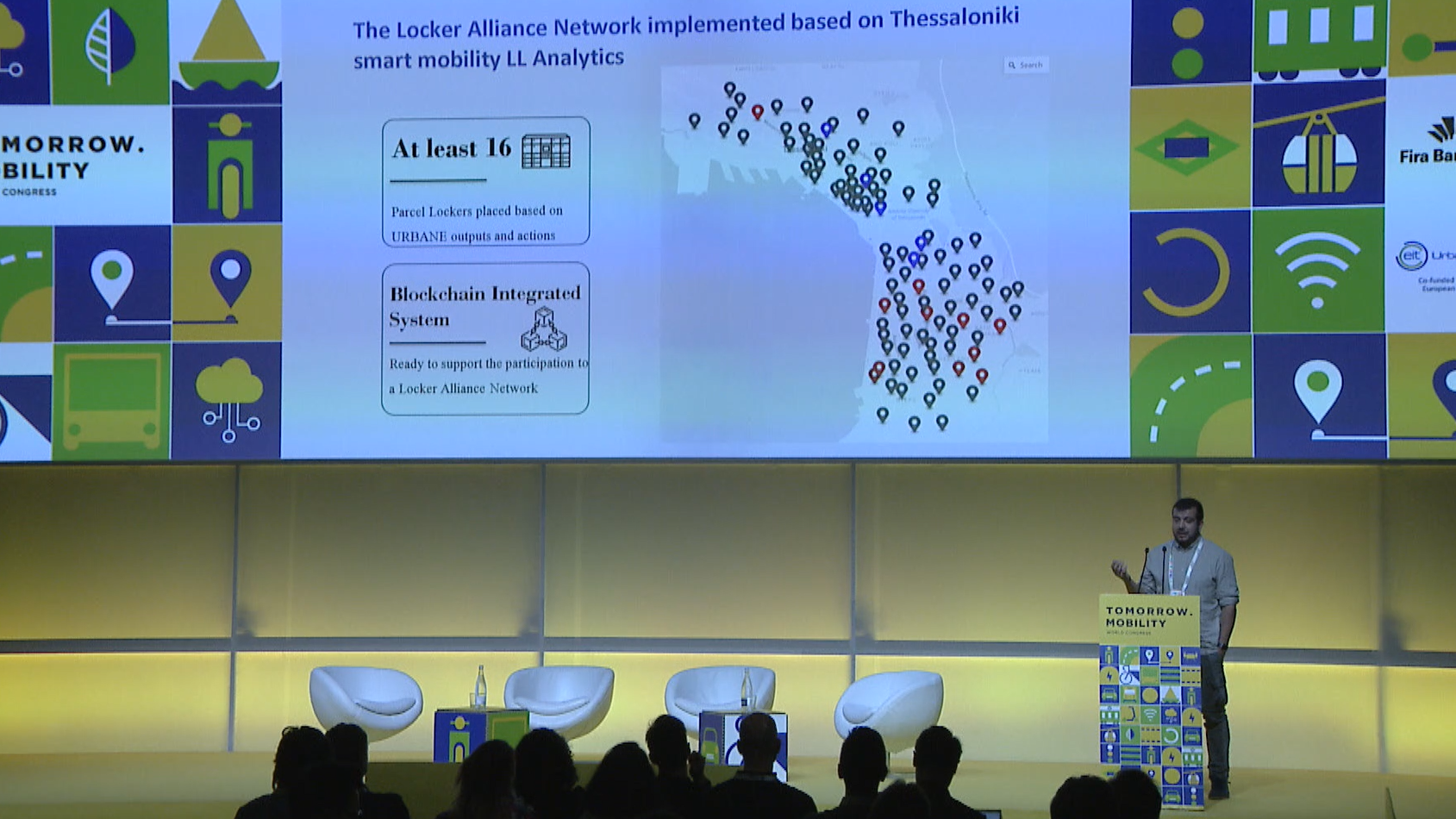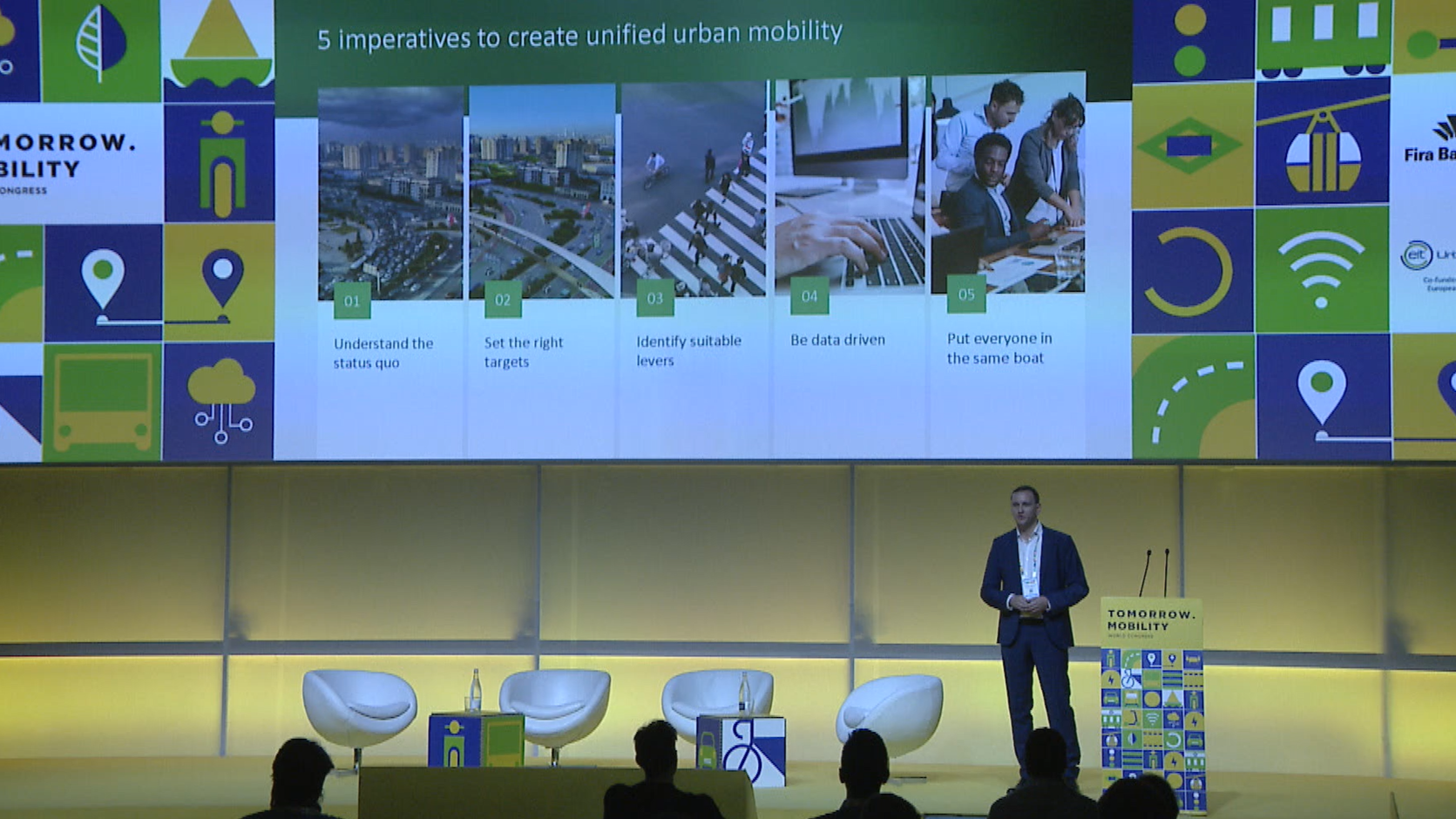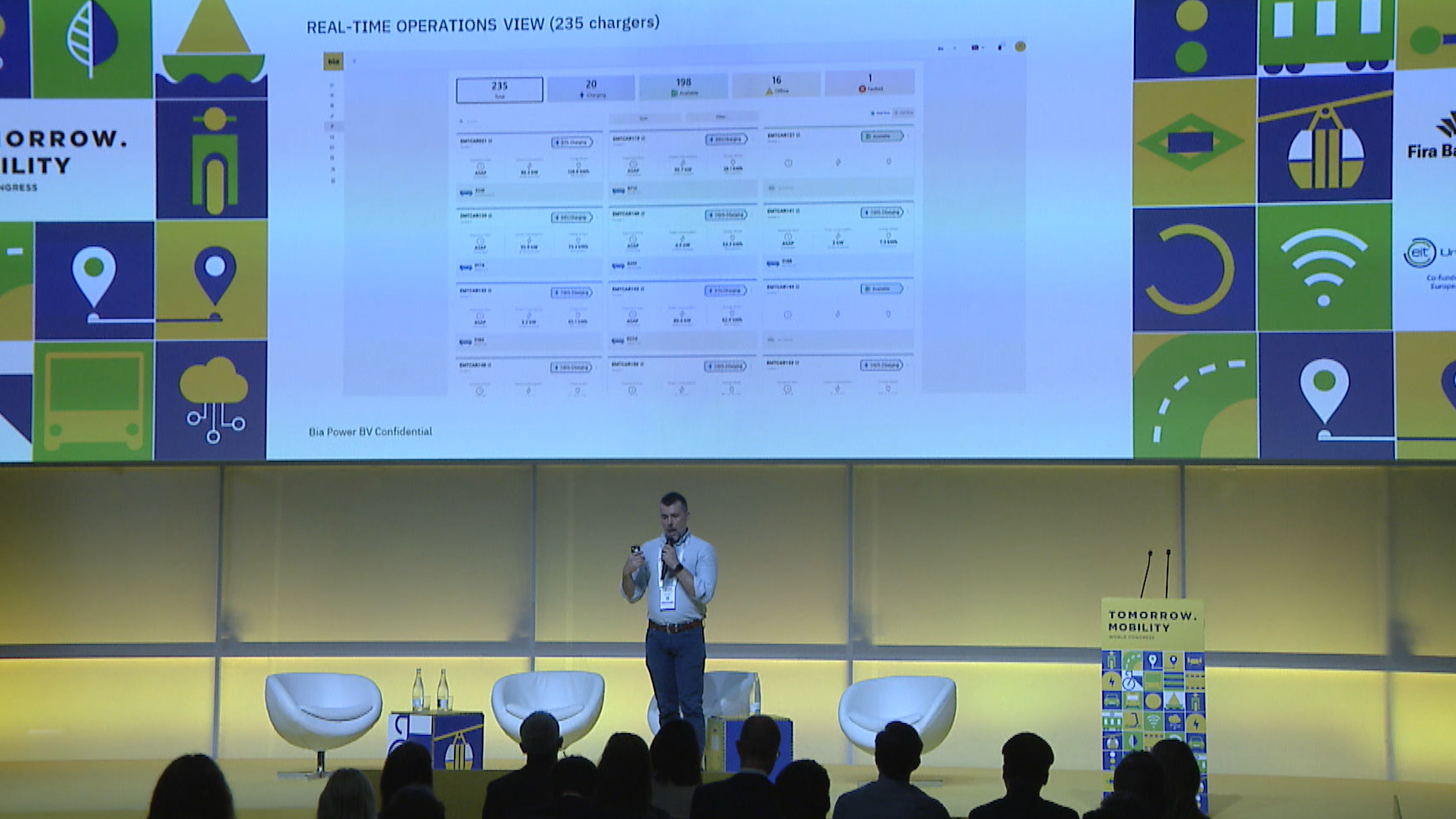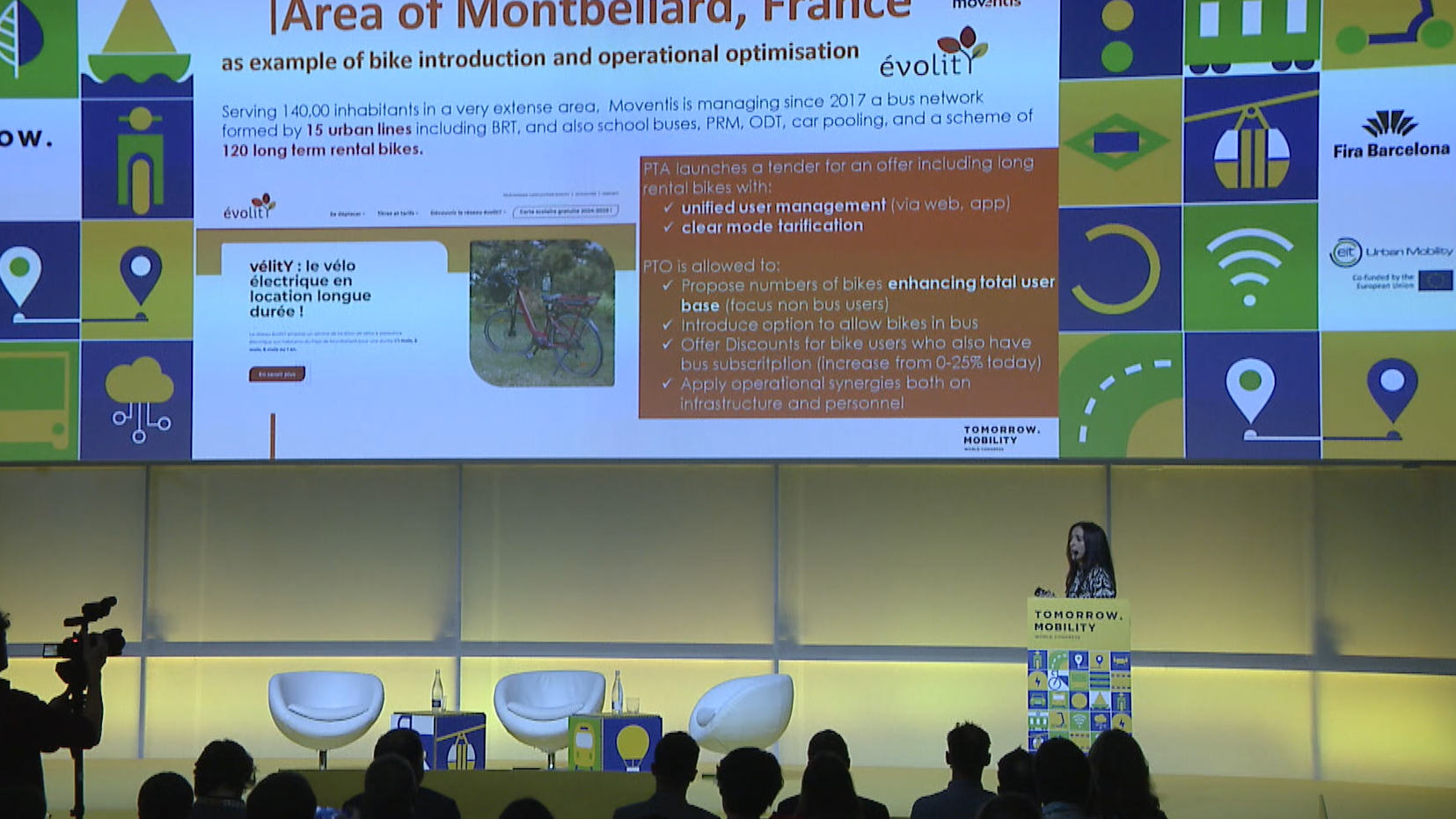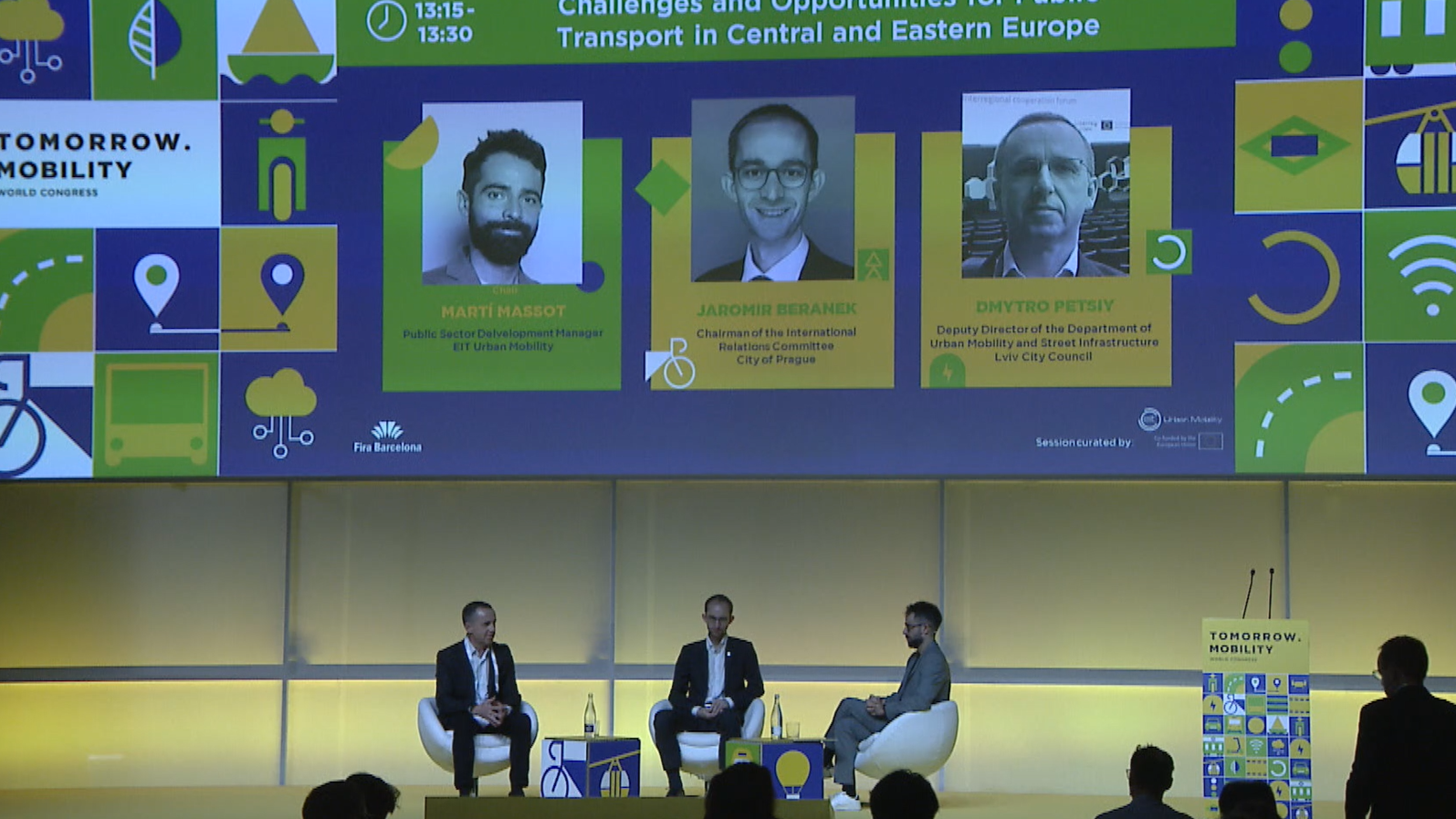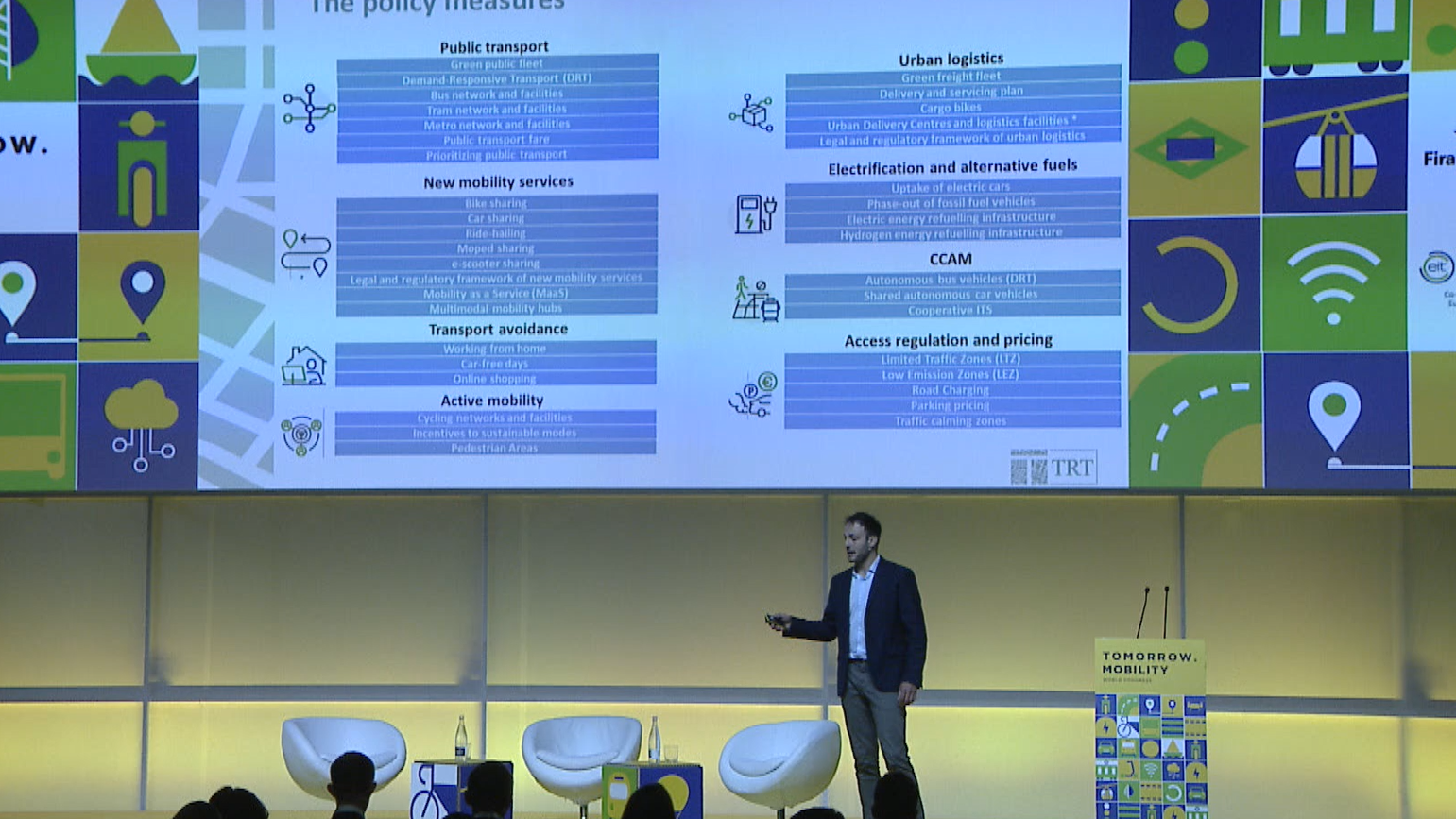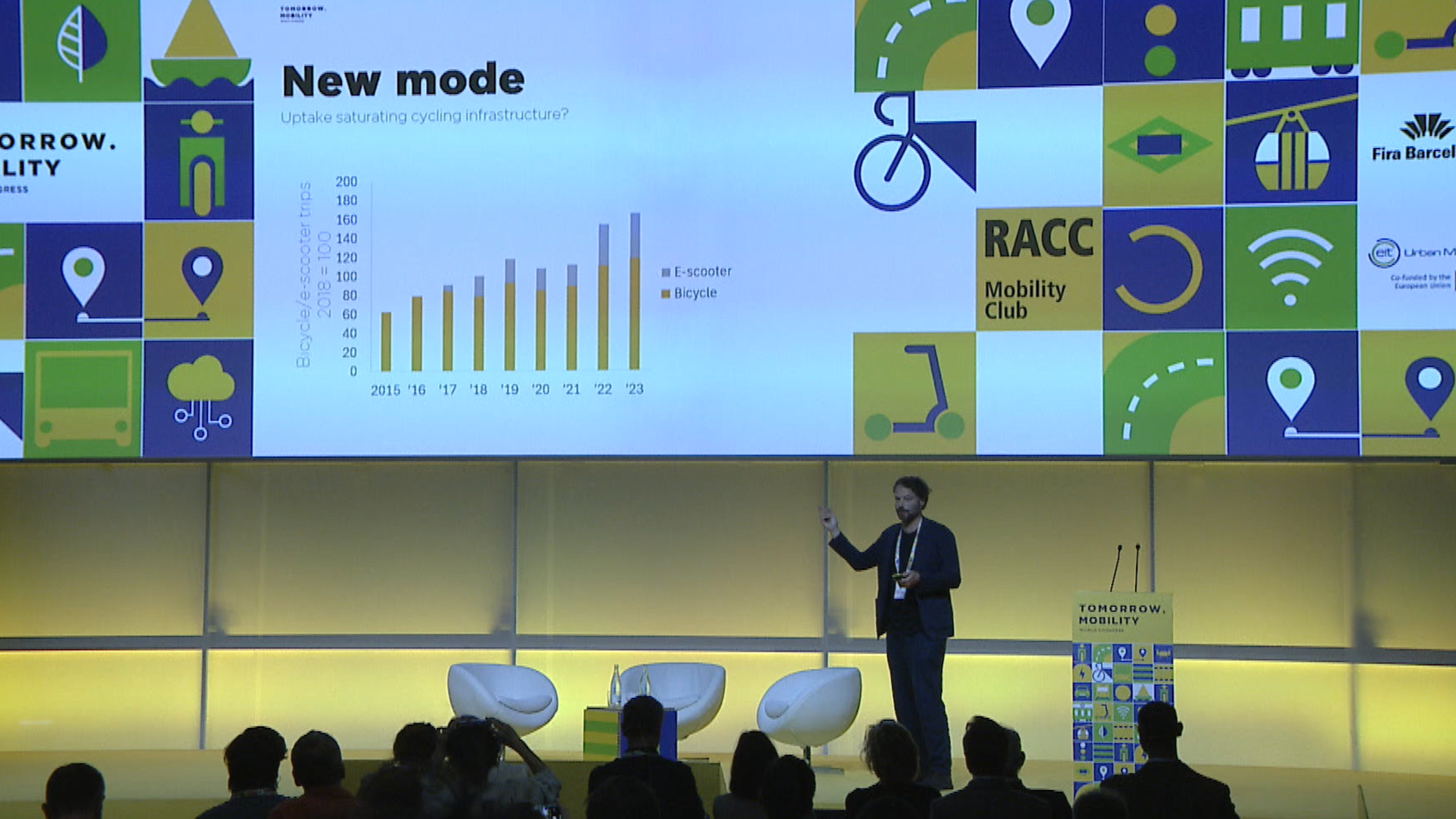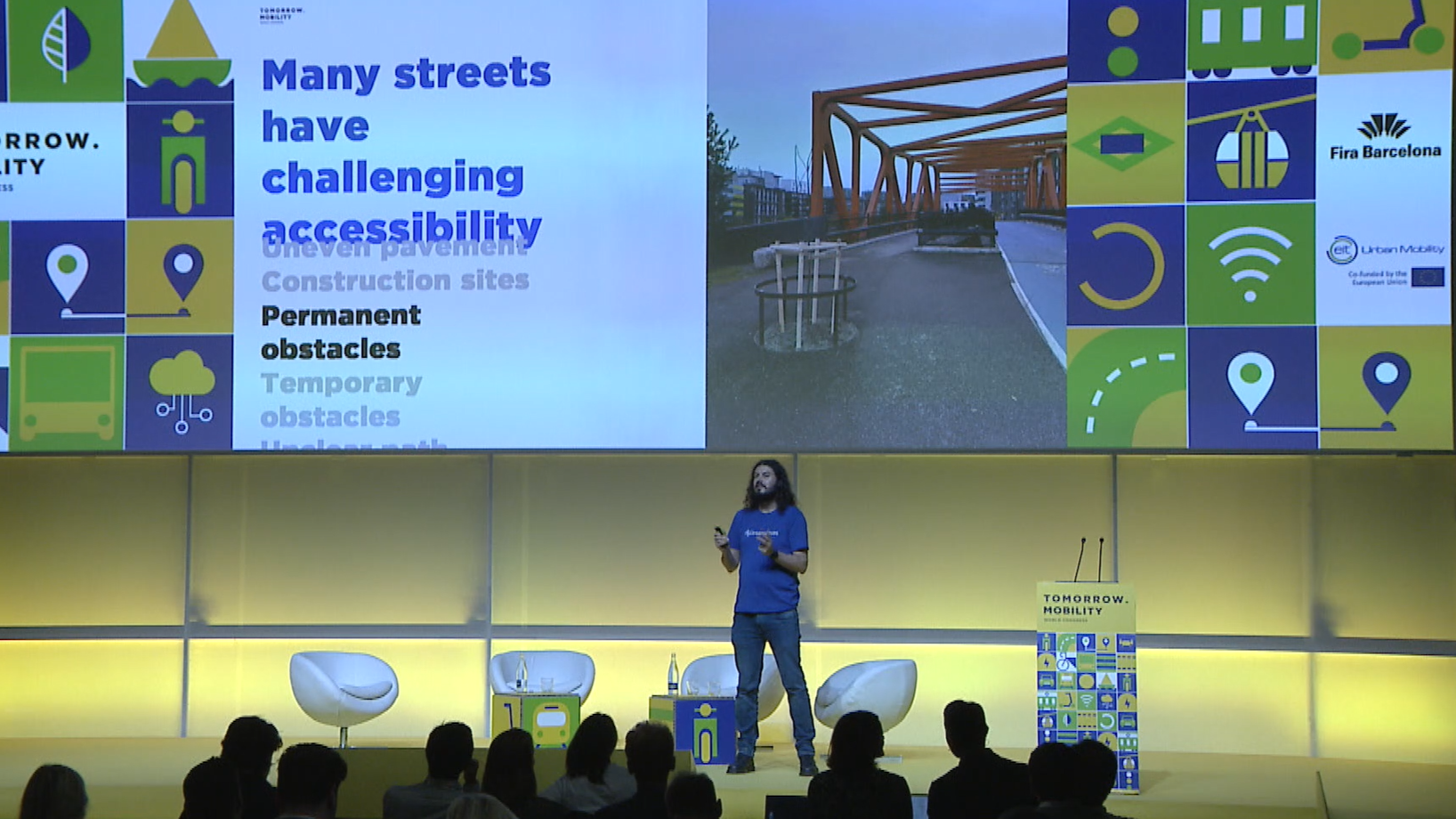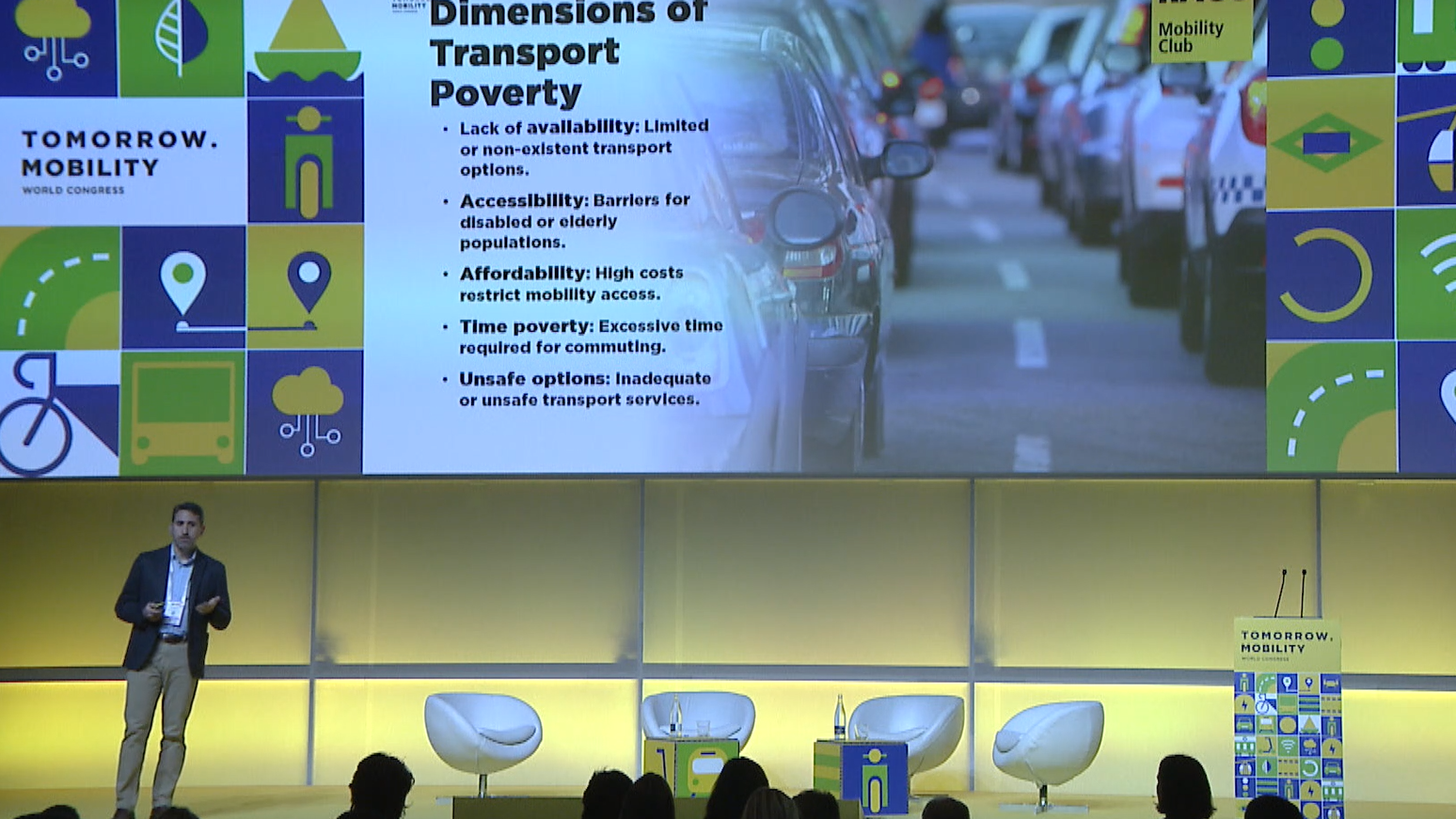Author | Lucía Burbano
Micromobility is characterized by great instability marked by the financing of companies and certain plans that do not always take into account regulatory setbacks. Madrid, for example, is just one of the cities that has implemented measures in recent months to restrict the use of e-scooters, the sudden emergence of which took many cities by surprise. What are the reasons for these restrictions?
The rise of e-scooters
Often referred to as the most controversial element of micromobility, the integration of e-scooters in cities is proving to be somewhat complicated for various reasons.
- Driving and parking: neither pedestrians nor cars want to share their space with e-scooters.
- Accident rates: In the United Kingdom, in June 2022, there were 1,349 collisions compared with the 978 during the same period of the previous year. Traffic accidents in Italy related to e-scooters increased by nearly 40% in 2022, according to the ISTAT statistics institute.
- Insurance for Personal Mobility Vehicles (PMV): In France and Germany this is mandatory, it will come into force in Spain in 2024 and it is currently being processed in Italy.
However, there are a series of beneficial advantages related to e-scooters for urban mobility:
- Allies in combating decarbonization: They are a zero-emissions PMV and, therefore, offer a practical solution for reducing urban pollution.
- Alternative to cars: For short distances, e-scooters have become quite a realistic option. This study conducted in Germany, concludes that between 10%-15% of individual trips could be made using this mode of transport.
Madrid: banning e-scooters on public transport:
First it was Barcelona and now Madrid. Both cities have banned the use of electric vehicles on public transport for the same reason: batteries exploding on the subway, in the case of Madrid, and on the Catalan Government trains in Barcelona. In Madrid, the incident took place in February, and in October, the Metropolitan Area of Barcelona announced that it was extending this measure indefinitely, which was originally set to last six months.In Madrid, the Governing Board of the Regional Transport Consortium (CRTM) announced that the ban will be maintained until they “fully verify the safety conditions of these elements on public transport systems”.
The crux of the matter lies in the lithium batteries, which can become unstable if used incorrectly. Manipulating them to increase speed, not using compatible chargers or exposure to water and impacts, can render them dangerous.
A global reaction against e-scooters

Paris hit the headlines when it called a referendum asking its residents if they wanted rented e-scooters in their city. The vote to ban them won the referendum, although only 103,000 people from the more than one million with voting rights exercised this right.
Copenhagen banned the use of e-scooters in the city center, although it changed its mind one year later after negotiating a series of measures with operators: each of these is limited to a maximum fleet of 800 vehicles in the center of Copenhagen.
In Riga, the Latvian Parliament voted a series of amendment proposals submitted by the Riga City Council to the Latvian Road Traffic Law. The aim of the proposals is to give city councils the power to regulate and control the use of e-scooters, since, at the moment they feel that they are limited with regard to governing the use of the same.
Photographs | Unsplash/Ranurte, Unsplash/ Nico Knaack







































